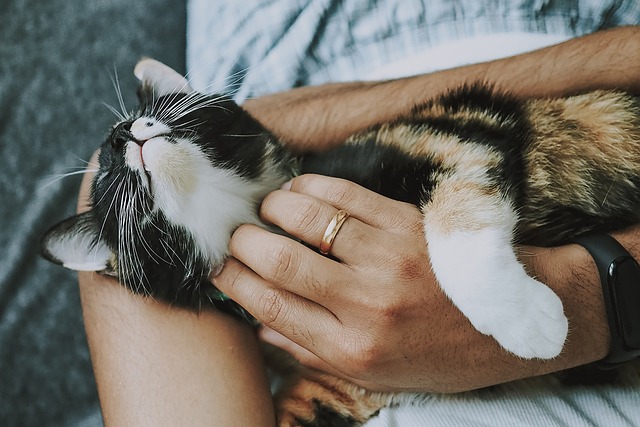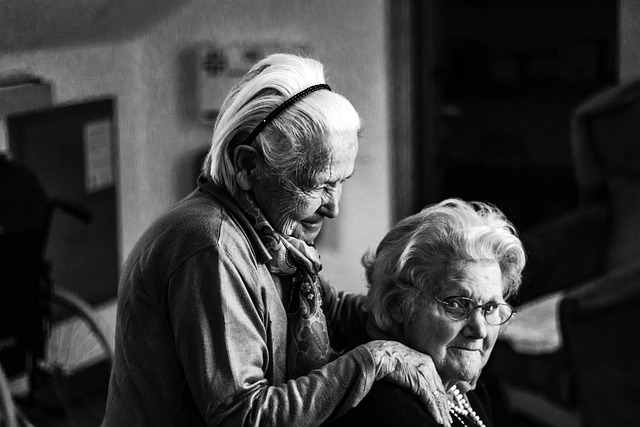Home care and companion services play a pivotal role in enhancing the lives of elderly individuals by providing tailored non-medical care that promotes independence and allows seniors to age in place with dignity. These services are not just about physical support; they also address the emotional well-being of seniors by offering meaningful companionship, which is vital for reducing loneliness and maintaining social connections. In-home aides, who double as companions, are essential for providing this type of elderly care, ensuring that seniors receive individualized attention in the comfort of their own homes. Home care services for seniors are comprehensive, addressing both the physical and social challenges of aging, and are designed to support cognitive health and offer emotional support. These services are integral to modern senior care, offering a holistic approach that values the importance of consistent human interaction alongside medical treatment, ensuring older adults can live as independently as possible and enhancing their quality of life.
The golden years of life present a unique set of challenges and joys. As individuals age, the importance of companionship and social interaction becomes paramount in maintaining their well-being, cognitive function, and overall quality of life. This article delves into the critical role that home care and senior companion services play in enhancing elderly care, emphasizing the multifaceted benefits of personalized in-home aide and companion care. We will explore how these services not only assist with daily tasks but also foster meaningful relationships and emotional support, ultimately enriching the lives of seniors. By examining home care services for seniors and the impact of non-medical care, we aim to shed light on the necessity of companion care in senior living. Join us as we navigate this vital landscape, highlighting strategies that ensure seniors receive the companionship they need to thrive.
Understanding the Role of Home Care and Senior Companion Services in Enhancing Elderly Care

The role of home care and senior companion services in enhancing elderly care is multifaceted, offering both practical support and meaningful companionship to seniors who opt to reside in their own homes. Home care services are designed to assist the elderly with activities of daily living (ADLs), which can include personal care such as bathing, dressing, and grooming, as well as instrumental activities of daily living (IADLs) like managing medication, light housekeeping, and meal preparation. These services enable seniors to maintain a level of independence while receiving the non-medical care they need in a familiar environment. The presence of an in-home aide who doubles as a companion can significantly reduce feelings of loneliness and isolation, which are common among older adults. This companionship extends beyond mere conversation; it involves creating a bond that fosters emotional support, social interaction, and a sense of belonging. For seniors with cognitive impairments or mobility issues, this human connection is crucial for their mental health and overall well-being, making companion care an integral part of holistic elderly care.
Furthermore, home care services for seniors are tailored to meet individual needs, ensuring that each client receives personalized attention and care. These services not only support the physical aspects of aging but also nurture social connections, which can be just as vital for an older adult’s quality of life. The benefits of these home care solutions are manifold, ranging from the promotion of independence to the ability to age in place with dignity. By providing a flexible and adaptable form of support, senior companion services ensure that elderly individuals receive the care they need while maintaining their autonomy and cherishing their relationships within the comfort of their own homes.

The importance of companionship and social interaction cannot be overstated, especially within the context of senior care. For the elderly, maintaining a social network is key to emotional well-being and overall health. Home care services have emerged as a vital solution, offering non-medical care through in-home aides who provide companion care tailored to each individual’s needs. These in-home aides are not just caregivers; they act as lifelines, facilitating personal care while also engaging seniors in meaningful social interactions that enrich their lives and promote cognitive health. The role of an in-home aide extends beyond the basic necessities; they often become trusted companions, offering emotional support and fostering a sense of community. This form of elderly care ensures that seniors can age with dignity and autonomy, receiving individualized attention within the comfort of their own homes. Home care services for seniors are designed to address not just the physical aspects of aging but also the social ones, recognizing that companionship is as integral to well-being as any medical intervention. With the growth of these services, it’s evident that they have become an essential part of senior care, providing a comprehensive approach to care that enhances quality of life and promotes independence for as long as possible.
In conclusion, the necessity of home care and senior companion services in the realm of elderly care is undeniable. These vital services extend beyond mere personal care and non-medical assistance; they foster companionship and enrich the daily lives of seniors. Home care services for seniors are a lifeline, offering a blend of support and companionship that allows older adults to maintain independence and a sense of community within the comfort of their own homes. An in-home aide provides not just help with everyday tasks but also a meaningful interaction that can alleviate feelings of loneliness and isolation often experienced by the elderly. As we recognize the profound impact these services have on enhancing the quality of life for seniors, it is clear that their role will continue to grow in importance within our society.
